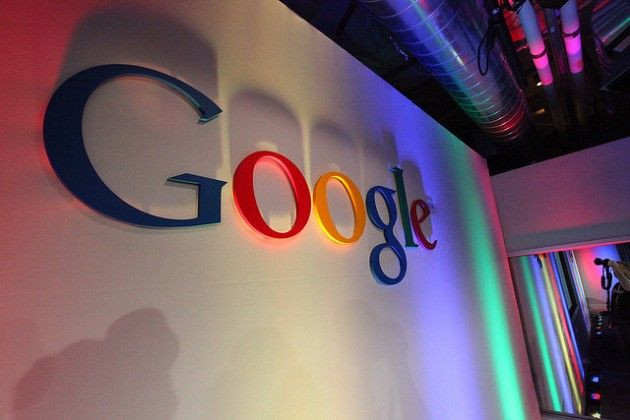The Cure For Aging: Google Plunks Massive Investment In Solving Death

Critics of Silicon Valley often point out that techies haven’t changed the world in the same way early 20th century vaccine developers did, or mechanized production did. Peter Thiel, the PayPal founder, famously told George Packer as he pulled an iPhone from his pocket: “I don’t consider this a technological breakthrough.”
Maybe, maybe not; but the techies are trying. On Wednesday, a Google subsidiary called Calico (short for California Life Company) announced plans to invest up to $750 million in drug research devoted to curing “age-related diseases.” The investment is enormous and comes as the first overt action of a year-old organization devoted not so much to curing cancer or Alzheimer’s — though that’s part of it. Their goal, they have no shame in saying, is “tackling aging, one of life’s greatest mysteries.” They want to cure death.
Calico’s CEO is Dr. Arthur Levinson, a board member at Apple. Meanwhile, Thiel, also a founder of Facebook, has given millions to anti-aging research. Ray Kurzweil, the futurist who believes he might be able to resurrect his dead father, is an executive at Google. Google founder Larry Page has reportedly “long been a fan” of Kurzweil’s.
These like-minded tech bigwigs are making vast investments — on the order of Carnegie’s or Rockefeller’s cultural ones — in the science of what kills us. Not the cause of death that stops our hearts, but rather the underlying business of genetic malfunctions and bacterial incursions, the general entropy of our biological systems. “For me, it was always unsatisfying if you look at companies that get very big, and they’re just doing one thing,” Page told Time in a 2013 interview, after launching Calico. “Ideally, if you have more people and more resources, you can do more things, get more things solved. We’ve kind of always had that philosophy.”
Calico has an all-star cast of executives, including the Princeton geneticist Dr. David Botstein and its vice president for aging research, Dr. Cynthia Kenyon. In 1993, according to her biography, she discovered that a change to just one gene in a species of roundworms could double its lifespan, a “pioneering” find in the infancy of genetics research. It was the first time scientists realized aging could be manipulated, like a light switch.
With its new investment, Calico is betting on a pharmaceutical company called AbbVie, which takes on “the world's most complex and serious diseases.” The company has pledged to match Google’s investment, a total of as much as $1.5 billion in for-profit scientific research funding. AbbVie CEO Richard A. Gonzalez said in a statement it “demonstrates our commitment to exploring new areas of medicine. … The potential to help improve patients’ lives with new therapies is enormous.”



























